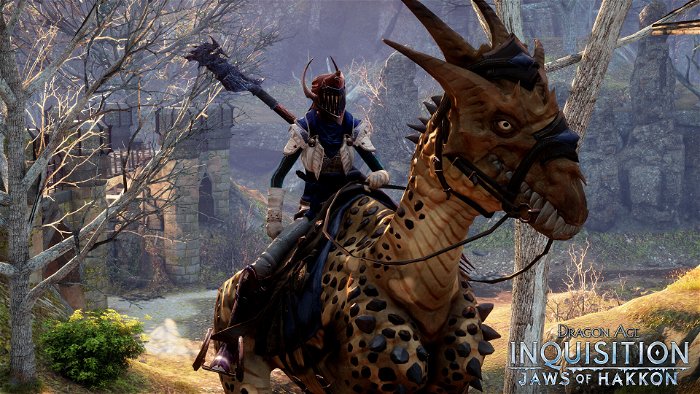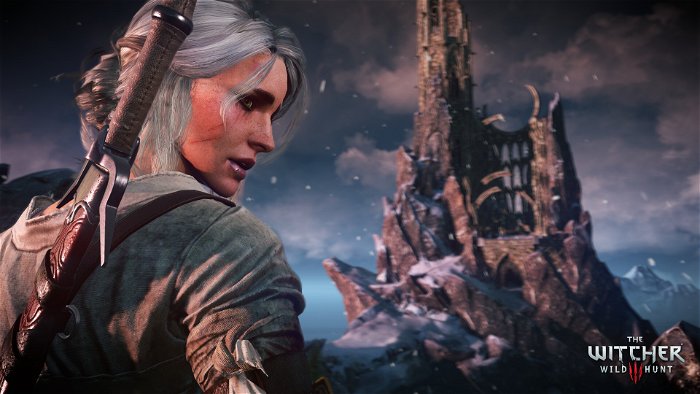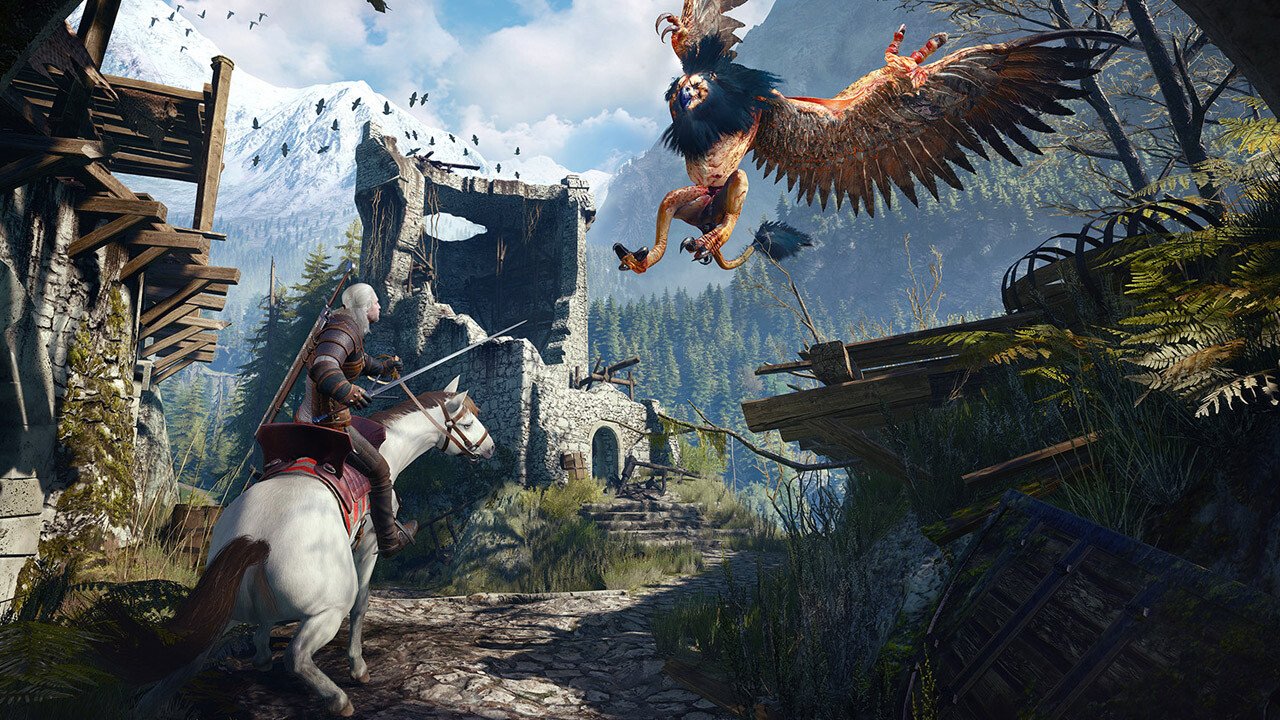
May is typically a slow month of the year for gamers, but this time around, RPG fans got major, potential game of the year vacation time in “The Continent” and the world of The Witcher III. It’s released to rave reviews across the board, and even I myself said that it sets new standards for the treatment of optional content and side-quests in these big, meaty, open world RPGs. However, for every yin, there is a yang, and in this case, the dark side of all this enthusiastic praise for CD Projekt is the scorn now being heaped upon BioWare.
Just looking at websites such as N4G, for example, there’s a growing sentiment in the comments section to the effect of, “After playing Witcher, I can’t go back to Dragon Age.” Many gamers have commented on the idea that while they’d initially planned a return trip to Ferelden to do try out the new Jaws of Hakkon DLC, or do remaining quests, make different choices, or simply tackle the game on a higher difficulty level, those plans are now off the table; Witcher has “ruined” the Dragon Age experience. Or perhaps, more precisely, some feel that the new standards CD Projekt have set have made BioWare’s game feel obsolete or outdated.
Part of this, at least with Jaws of Hakkon on the PS4, is a double whammy of timing and feeling excluded. Xbox One and PC owners enjoyed the DLC a couple of months ago, when there was a lull in releases, as part of a timed exclusivity deal. PS4 owners only just got the DLC recently, at the same time as the release of Witcher III, in fact. That definitely hurt the DLC’s chance to get played by RPG fans who had a massive, brand new, full retail release to enjoy in the same time frame.

The other part however, has a lot to do with the different design choices that BioWare and CD Projekt have made in their games. Both of them are open world, but BioWare has taken a less engaging approach to their optional content. While the main story of BioWare games—and specific character missions—get a lot of love and care in presentation and mission variety, there were a lot of activities, like shard collecting or requisition lists, that felt like the trivial “collect-a-thon” missions of Assassin’s Creed. It’s like the designers simply came up with lists of things to gather as a way to fatten up playtime with menial busy-work. Witcher III drastically reduces this, giving a lot of “trivial” side missions surprising weight and relevance. What starts out as a simple fetch or kill quest for a client can unexpectedly evolve into a major arc for the clients involved, or even the main cast of characters. It’s rare for Witcher III players to ever feel like they’re doing something menial; everything seems to feed into either the main quest, or tell a story with enough substance that it feels significant and worthwhile unto itself.
It’s interesting to see how these companies have tackled the challenge of an open world game for the first time, as neither studio has the experience of Bethesda in this genre. Up until now, if you wanted to play an open world RPG, Bethesda was really the only game in town, but now, with BioWare, CD Projekt and even Square Enix are jumping on the open world bandwagon, it seems to be something of an industry standard at the AAA level for this genre.
However, to say at this juncture that that CD Projekt is now—and for all time—wearing BioWare’s crown as the king of narrative RPGs is probably a bit premature. BioWare still has a legacy that goes back years, from the stunning twist of Knights of the Old Republic to the fate of Mordin in Mass Effect III. BioWare has crafted some of the most memorable characters and stories in the history of gaming. If BioWare made any “mistakes” in their development of Dragon Age: Inquisition it was in their conventional approach to open world mechanics. They looked at games like Assassin’s Creed, Sleeping Dogs, and Grand Theft Auto and saw that collect-a-thons were a staple of those games, and upheld that tradition. Like all studios, they were working in something of a vacuum, committed to their own vision—which would take years to execute—and then doing their best to bring it to life. Now that The Witcher III has impressed both fans and critics alike with very different choices, it would be a mistake to think that BioWare isn’t looking at CD Projekt’s design philosophies and seeing if they align with BioWare’s own narrative strengths.
You could say that BioWare just got punched in the eye, but the studio’s not out of the fight yet.




